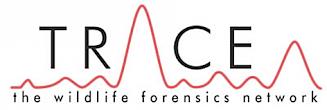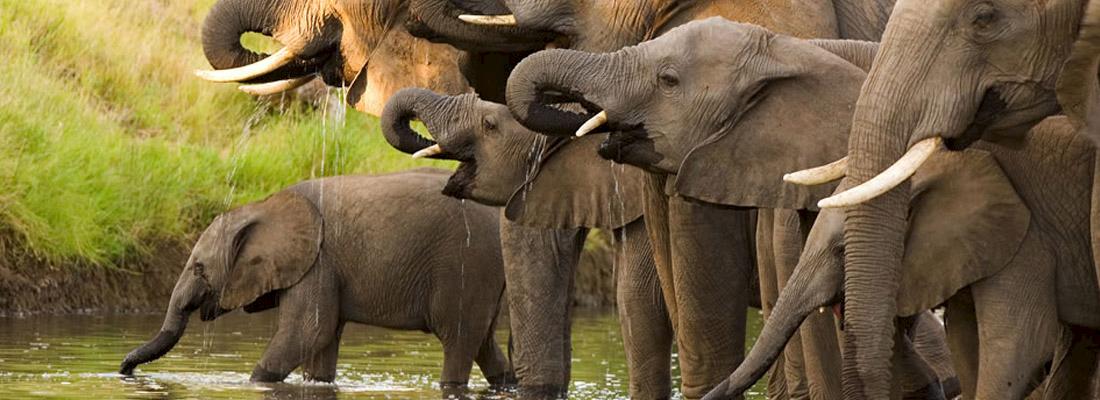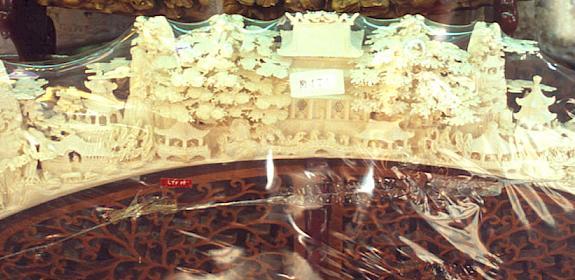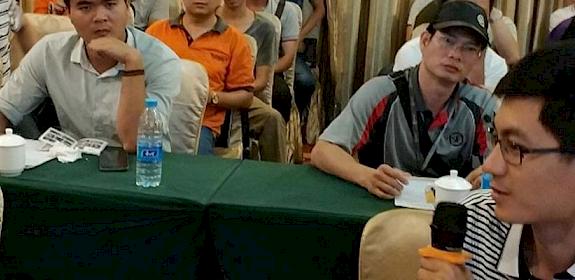Seminar highlights the state of wildlife forensics in Hong Kong
Hong Kong, September 2016—Wildlife conservation NGOs and the academic community in Hong Kong joined in a seminar earlier this month to explore the use of wildlife forensics for assisting in research and law enforcement against illegal wildlife trade.
The seminar was co-organised by TRAFFIC, through the USAID-funded Wildlife Trafficking, Response, Assessment and Priority Setting (Wildlife TRAPS) Project, TRACE Wildlife Forensics Network, and the University of Hong Kong.
A keynote speech by Dr Ross McEwing, Technical Director of TRACE, provided an overview of the field of wildlife forensics and the value of having technical forensic capability locally to uncover detailed information about the identity, origins and trade routes of wildlife products confiscated at Hong Kong’s borders.
Tom Milliken, TRAFFIC’s Elephant and Rhino Programme Leader, elaborated on the use of forensic analysis to provide insights into the dynamic patterns of illegal ivory and rhino horn trade based on available seizure data.
“Forensics can be very useful for combating wildlife crimes,” said Dr Ross McEwing. “What we can learn from forensic examination can be used to support investigative work by government authorities, potentially as evidence in prosecution cases, and should be considered as one part of a wider law enforcement toolkit.”
Examples of wildlife DNA casework in Hong Kong were described through the work of laboratories in the University of Hong Kong and Kadoorie Farm and Botanical Gardens, which have dealt in confiscated wildlife ranging from shark fins, glass eels, rhino horns, pangolin scales and elephant ivory, as well as forensic research on orchids and mislabelled seafood.
There is already some capacity in Hong Kong to undertake forensic DNA testing, but there is also room to grow that capacity and to encourage laboratories to work co-operatively, to minimise duplication and work to each other’s technical strengths
Dr Yannick Kuehl, TRAFFIC’s Regional Director for East and South Asia
“We need to understand where the knowledge gaps are, so we can build the right kind of forensic capacity tailored to Hong Kong’s needs,” added Dr Kuehl.
The seminar follows from a RhODIS® Rhino DNA Scientific workshop held in South Africa in June 2016, also funded by USAID through the Wildlife-TRAPS Project, which brought together scientists and enforcement officers from Rhino range States, transit and consumer countries on the expansion of a standardized forensic rhino DNA system to enable comparable DNA profiles to be produced in multiple laboratories worldwide.
About TRACE Wildlife Forensic Network

TRACE Wildlife Forensics Network is an international NGO, based in Edinburgh, that aims to promote the use of forensic science in biodiversity conservation and the investigation of wildlife crime. The TRACE network brings together forensic scientists and enforcement agencies to exchange information on the latest challenges facing wildlife law enforcement and modern techniques for tackling them.www.tracenetwork.org
Professor Rob Ogden is Director of TRACE, and Chair in Conservation Science at the University of Edinburgh, where he holds the positions of Director of Conservation Science and Head of Conservation Genetics at the Veterinary School and the Roslin Institute.




